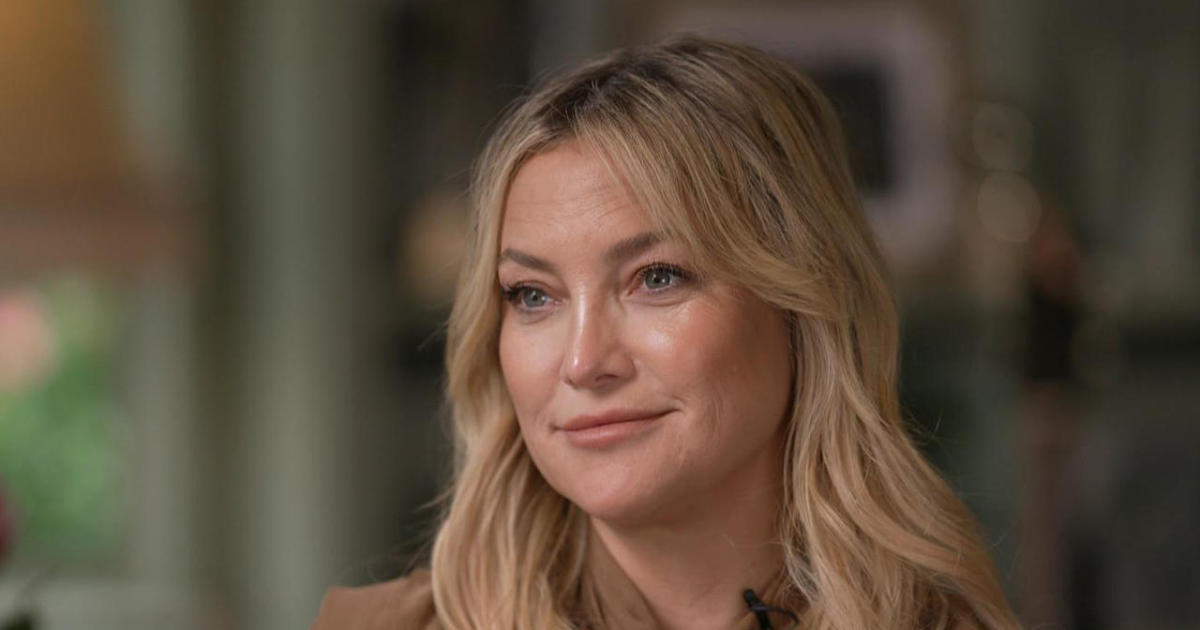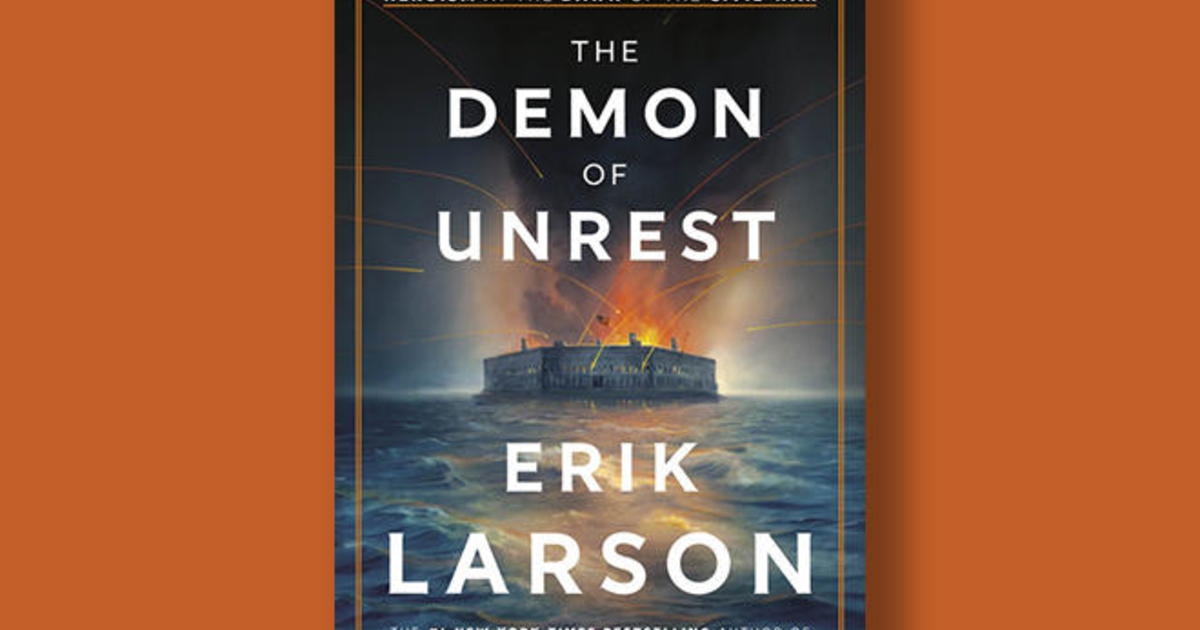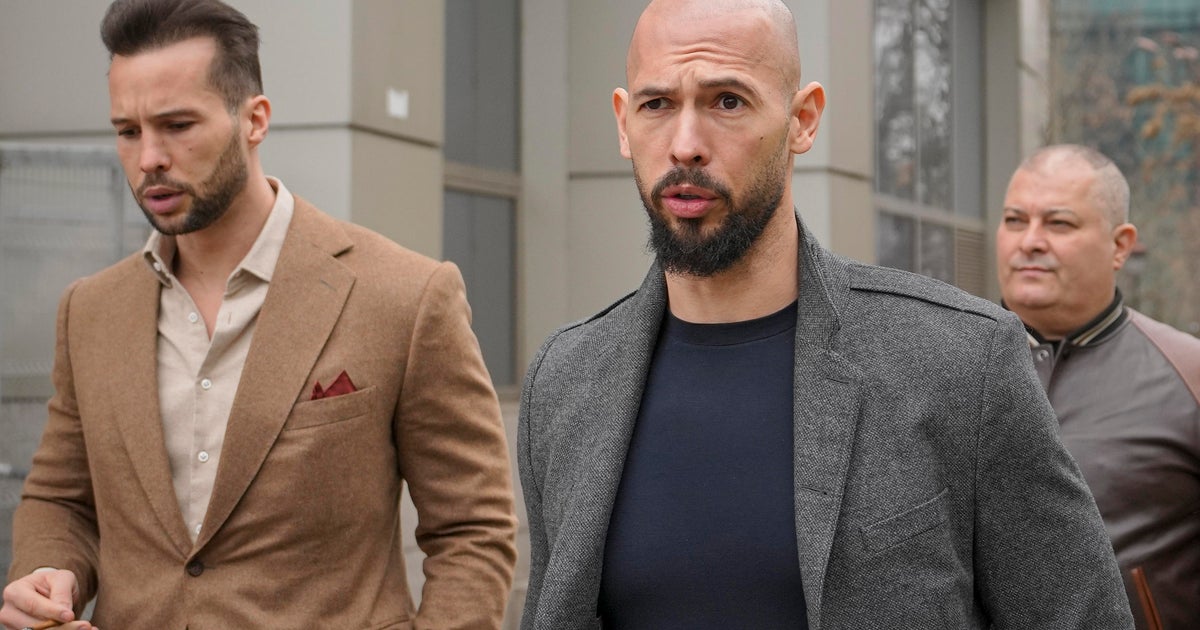News consumers in the heartland
"It seems certain that John Fitzgerald Kennedy of Massachusetts will be the next President of the United States."
Election Night, November 1960: Walter Cronkite may not actually have been the most trusted man in America, but he was trusted, as were his counterparts on ABC and NBC. And if they said Kennedy was the new president, well, that's the way it was.
West Virginians were Democrats in those days. By 2016 this was solid Trump Country, and McDowell County Sheriff Martin West reflected local optimism four years ago when "Sunday Morning" Special Correspondent Ted Koppel asked him, "You really think things are gonna change?"
"I think he can help us, yeah," West replied.
- The view of voters in West Virginia coal country ("Sunday Morning," 11/13/16)
Four years later, the optimism is a little frayed, but support for President Trump is undiminished. "He's done a lot for us in the last four years; I feel he has," said Reva Hagerman.
Koppel asked Sheriff West, "How did you react when you heard the news about the president and the first lady having COVID?"
"I was startled when I heard it," he replied. "And my first thought really was how the Democrats is gonna make fun of Trump, which they already have. MSNBC and CNN, they were already saying things that, you know, Trump should have already known this and everything. And they're gonna be making fun over the next few weeks, up until the election."
Where once television network newscasts provided a shared understanding of events, almost a social glue that held different parts of the nation together, cable television has turned to packaging the news according to ideological preference.
CNN's Don Lemon reported the president's COVID diagnosis by saying, "In large part, it's his own dereliction [that's] partly to blame to this. He chose to go out to rallies. He chose to downplay masks. He chose to not social distance and call it a hoax."
Fox News' Tucker Carlson said on his program: "The official message of the Democratic Party is that Donald Trump had it coming."
MSNBC's Rachel Maddow said: "It is more than understandable to be enraged at this president and this White House for all the lives they have risked and squandered."
Koppel asked Mike Lushbaugh, a former chairman of the McDowell County Republican Party in West Virginia, "You gonna vote for [Trump] again?"
"I sure am," he replied.
"When we heard about the president having COVID, where did you get the news?"
"I got a newsflash on my phone, the same time that it was, you know, released to the public."
Lushbaugh doesn't get much of his news from television anymore. "You remember when, back in the older days, when newscasters presented the news in an unbiased way?" he said. "They just threw it out there and let people think what they wanted to think. They've gotten away from the purer art of reporting.
"It's just lost my interest," he said.
Koppel asked, "Where do you get your information?"
"A lot of it comes from Facebook, from YouTube feeds," Lushbaugh replied.
Cody Estep, who is a county commissioner, said, "This country is tore apart bad right now. I think either way, there's going to be an uprising here, and we don't want that. We do not need that in this country."
Koppel asked Cody's wife, who is the current chair of the McDowell County Republican Party, "So, if one of your friends said, 'Elizabeth, I don't know, I just can't handle Trump anymore, I'm gonna vote for Biden,' you'd just pray for them?"
"You know what I'd tell them? 'If he satisfies God, he has to satisfy us,'" she replied. "This has now been prophesized, and if God chose him, we need to shut our mouths. That's the way I feel."
"And you think God chose Trump to serve two terms?"
"Yes, I do," she said.
Dusty Cline is the mother of three. Her husband is a coal miner. She's a college grad who studied nursing. Koppel asked her about COVID: "Have people in this administration been taking it seriously enough? Now, I ask you that as a former nursing student."
"I know people that have worn masks and done everything right and stayed home except for going to the grocery store, and they still ended up sick," Cline said.
"You listen to radio at all?"
"No," she laughed.
"You read the newspaper?"
"No."
"Where did you hear about the president having COVID?"
"I think it was on social media. Facebook maybe," said Cline.
For some time now, and by the millions, people have been turning to social media platforms.
"The story of the 2020 election on social media is really one of domestic partisan activity," said Kevin Roose, who writes a column on technology for The New York Times. "We've seen large hyper-partisan news outlets just getting enormous numbers on social media, and they're doing it in an environment where it's a pretty loose, laissez-faire attitude toward truth, and in which this goal is just to engage people to keep them clicking and scrolling."
The audiences for these hyper-partisan news sources are basically disconnected from larger mainstream media. What a lot of these sources have in common, Roose said, "is that they're very skilled at provoking outrage. There's a saying that, what's enraging is engaging."
Where once we assembled facts in order to change opinions, now there is an accumulation of opinions, which ultimately distort the facts.
Koppel said, "You're telling me that they have more people coming to them, then collectively come to ABC News, NBC News, CBS News, New York Times, Washington Post – spell it out for me, where are they going?"
"There's a right-wing commentator named Ben Shapiro, he's very popular among conservatives," said Roose. "And in the last 30 days on his Facebook page, he has gotten 51.4 million interactions. That's more than five times as many as The New York Times. And it's more than CBS, CNN, NBC, ABC combined."
"You are kind of leaving me speechless here," Koppel said. "The president is quite ill, and a lot of the people that he has been with over the last few days are quite ill. But you're telling me that more people are getting their information from these outlets than they are from what we have traditionally looked upon as reliable news sources?"
"Yeah, I would say that's true, and it's part of why there is so much misinformation about things like the coronavirus," Roose said. "I don't think that's all social media's fault. What I do think social media has done is radically amplified those things because they are engaging, because they keep people's attention. Just saying 'Wear a mask, it works,' is a useful message, and even a life-saving one, but it's not a very interesting one."
Whereas? "Telling people that masks are part of a conspiracy, that the government is engaged in mind control, that there is something nefarious going on, I mean, these are thriller plots!" said Roose. "But I think ultimately the platforms ultimately have to decide whether or not they care if the information is true or false."
Which would appear to lead to this sad conclusion: When we are unable to agree on what constitutes the nature of a lie, it can be all but impossible to settle on the truth.
For more info:
Story produced by Jon Carras, Dustin Steohens and Robert Marston. Editors: Ed Givnish and Remington Korper.



